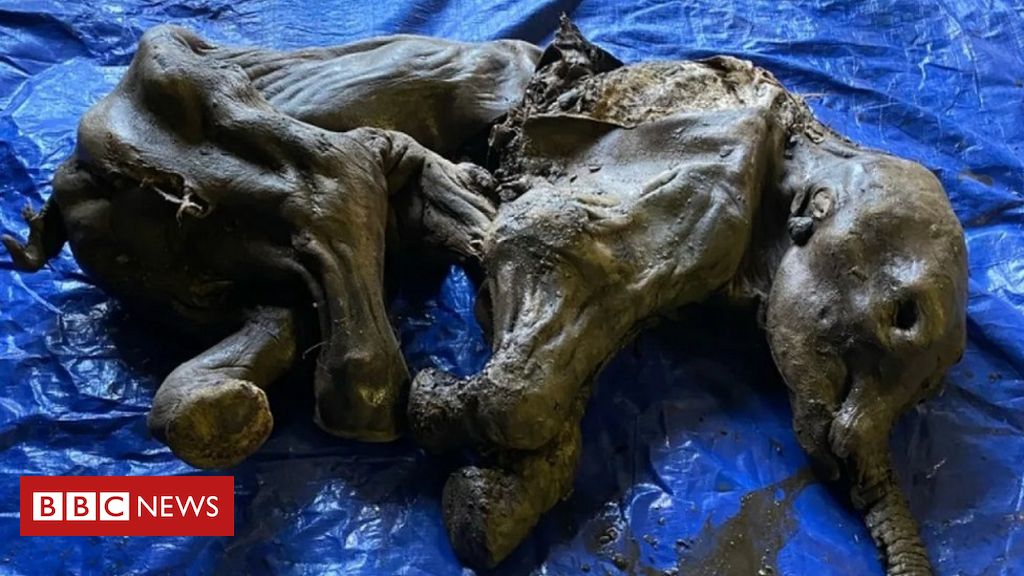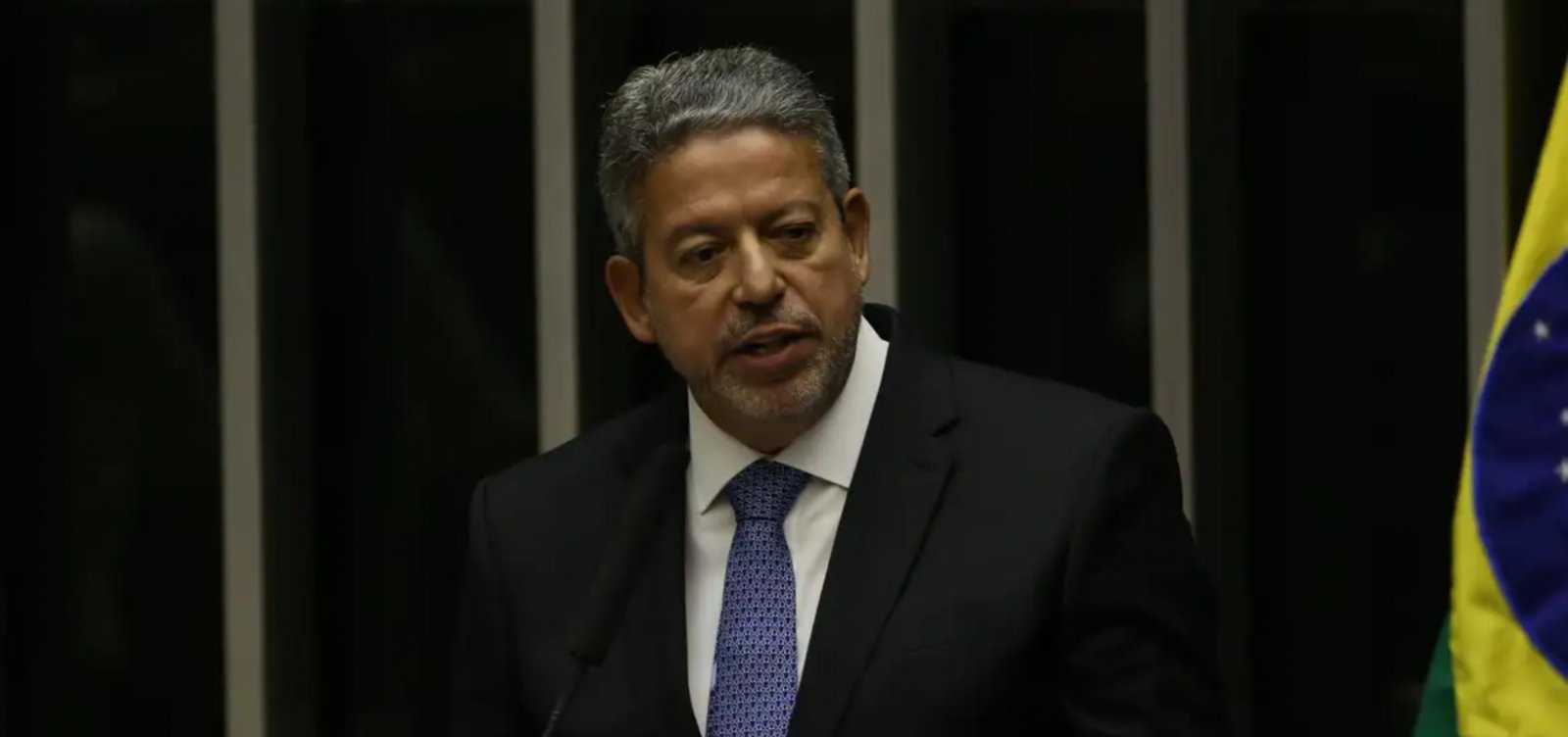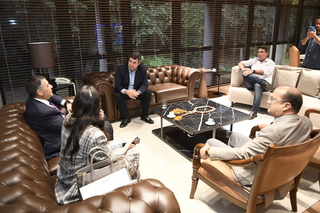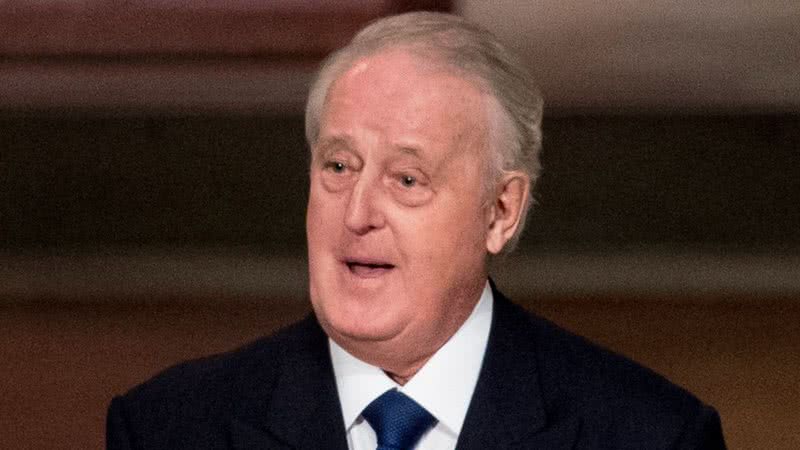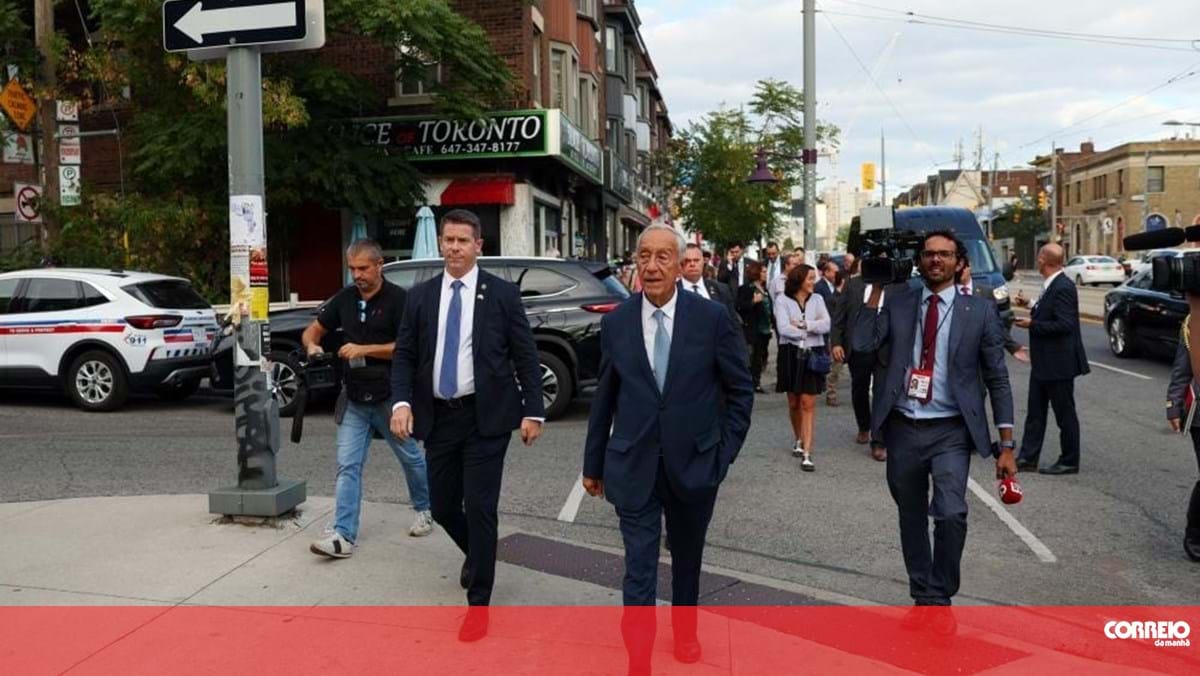Argentina took over the Presidency of Mercosur for the next six months, hoping to rebuild the axis of regional integration with Brazil. President Jair Bolsonaro did not attend the Block Summit which took place in Montevideo, Uruguay, Tuesday (6). The meeting was marked by discussions about the Uruguay rebellion which unilaterally negotiated trade agreements with other countries and blocs. Postures that generate tension in the block.
Argentina took over the Presidency of Mercosur for the next six months, hoping to rebuild the axis of regional integration with Brazil. President Jair Bolsonaro did not attend the Block Summit which took place in Montevideo, Uruguay, Tuesday (6). The meeting was marked by discussions about the Uruguay rebellion which unilaterally negotiated trade agreements with other countries and blocs. Postures that generate tension in the block.
Márcio Resende, RFI correspondent in Buenos Aires
The absence of President Jair Bolsonaro – who sent Vice President Hamilton Mourão instead – at the bloc’s summit illustrates how little interest the current Brazilian government gives to foreign policy.
“More than just illustrating how Bolsonaro is turning away from the region, this is another example of how he is turning away from foreign policy,” international analyst Rosendo Fraga told RFI.
“Not going to the Climate Conference in Egypt (COP 27) last month was predictable because, if I went, I would be criticized. But not going to the G20 meeting in Indonesia last month, where I will meet with all the global leaders, goes along with disparaging their foreign policies,” explained Fraga, director of the Center for Union Studies for the New Majority.
This was President Jair Bolsonaro’s last international engagement before the end of his term. This is an opportunity for Bolsonaro to defend his actions such as the closed deal between Mercosur and the European Union, advancing negotiations with Singapore, Canada and Indonesia, as well as the reduction of Mercosur’s Common External Tariff (TEC).
Although the agreement with the European Union has not yet been ratified, other negotiations have not concluded and the reduction in tariffs is still small, this is an achievement, especially in the context that the pandemic is traversing. It was also an opportunity to say goodbye to Brazil’s main partner.
Ratification of the EU-Mercosur agreement
Mercosur and the European Union reached a deal in 2019, still without ratification. The European Union claims that the absence of an environmental policy on Brazil’s part does not allow approval of the agreementalthough the text has specific protections on the matter.
Argentina’s Foreign Minister, Santiago Cafiero, revealed that “Mercosur has made every possible effort to resolve the pending issues”, but the European Union showed little flexibility and put forward new demands that were not on the negotiating table when the agreement was reached. . Closed in June 2019.
These conditions, said the Argentine minister, could render the European concessions that Mercosur obtained in the agreement irrelevant. These negotiations will be carried out by Argentina in the following semester.
For Rosendo Fraga, Lula’s coming to power should imply the opening of a dialogue, closing with Bolsonaro, but this opening does not necessarily lead to the ratification of the agreement.
Analysts believe the agreement will not be put into practice due to demands from Europe for lower tariffs that the Brazilian and Argentine governments should not agree to.
What changed with Lula’s arrival
President Jair Bolsonaro has gradually turned his back on his neighbour. When he came to power, he maintained dialogue only with countries governed by rights. Later, when these countries were ruled by leftists, Bolsonaro stepped down.
With the arrival of Lula, Brazil must once again exercise leadership that sews an understanding and that is the voice of the region’s representatives.🇧🇷 For Fraga, there will be substantial changes in the area of dialogue and a greater appreciation of Mercosur, without this implying a more operational block.
Argentina wants to promote Bolivia’s official incorporation into Mercosur and the return of Venezuela, suspended due to the “democratic split” since 2017. But for analysts, these two mergers should not happen, because neither country is willing to undertake the reforms needed to integrate Mercosur. In addition, Uruguay has to fight back, as well as the Brazilian and Argentine Congresses, where the center-right is well represented.
Fraga saw Lula reorganize the United South American Nations, UNASUR, and return to the Community of Latin American and Caribbean Nations, CELAC. During Bolsonaro’s administration, Brazil left the two regional forums.
Uruguayan uprising
The subject that will be debated by the presidents Tuesday was analyzed by the foreign ministers of Brazil, Argentina, Uruguay and Paraguay in the last few hours, during preparatory meetings.
The main debate concerns Mercosur’s external negotiating agenda for free trade agreements with other blocs and countries. The sticking point is Uruguay.
The President of Uruguay, Luis Lacalle Pou, is determined to continue negotiations unilaterally with other countries, but outside of Mercosur. This decision violates Customs Union norms, which require general rules.
Uruguay alleges that Mercosur is not moving forward and has become a restraint, limiting the opportunities for the Uruguayan economy that need to be opened to the world.
Last week, Uruguay formally submitted a request to New Zealand to join the Trans-Pacific Association Comprehensive and Progressive Agreement (CPTPP), a trade bloc between 11 countries bordering the Pacific Ocean.
The move prompted official complaints from Brazil, Argentina and Paraguay, including warnings about the possible imposition of measures against Uruguay if the agreement is signed.
Last year, Uruguay opened negotiations with China for a Free Trade Agreement, causing disputes with Brazil, Argentina and Paraguay.
Uruguay’s Foreign Minister Francisco Bustillo accused Mercosur of being an “immovable” bloc, “without agreement with any of the 10 major powers in the world” while Argentine Foreign Minister Santiago Cafiero warned that Uruguay’s “unilateral attitude” was “alarming” and could lead to a ” escape”.

“Geek zombie. Subtly charming social media scholar. Beer enthusiast. Lifelong bacon pioneer.”


